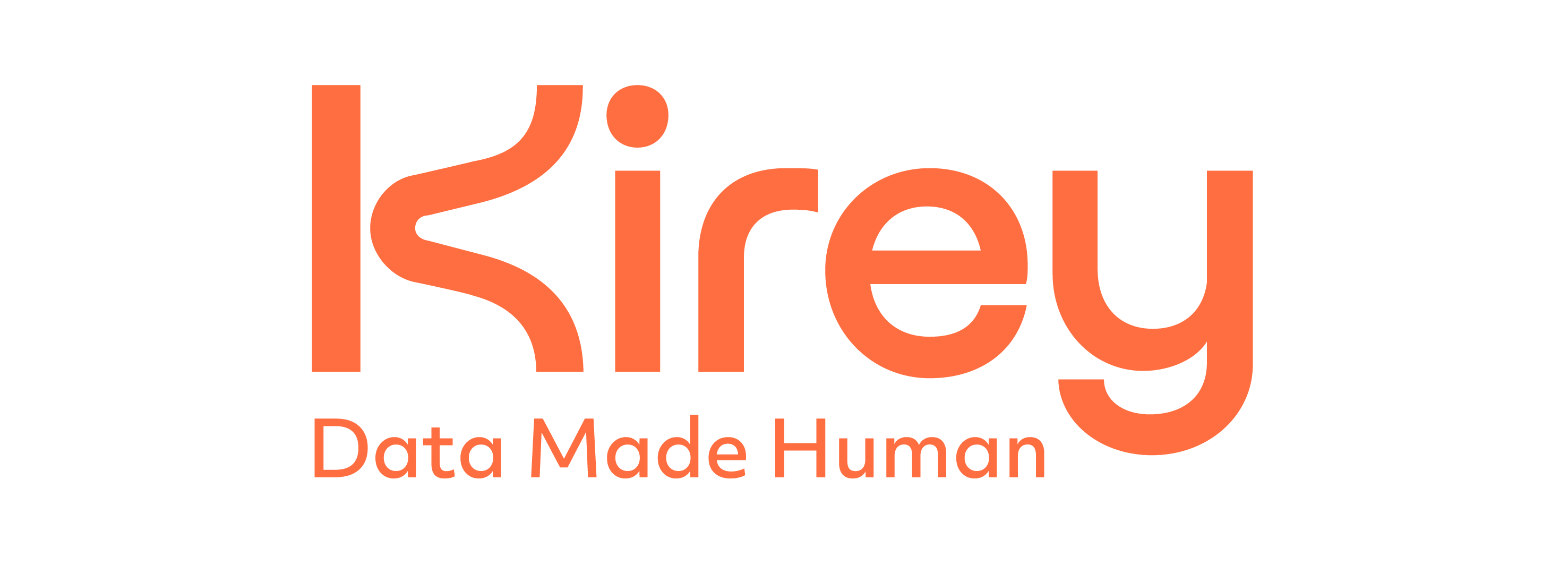.jpg?width=200&height=268&name=arianna_rinaldi_foto_formale_in_ambiente_di_lavoro_01%20(1).jpg)
In 2025, Kirey has chosen to confirm its support for research with Fondazione Umberto Veronesi, with a research grant that will fund six months of the work of Arianna Rinaldi, Postdoctoral Researcher at the University of Modena and Reggio Emilia, engaged in an innovative research project on glioblastoma.
We had the pleasure of meeting her and asking her a few questions about her journey and her research.
Can you introduce yourself—your passions, educational background, and work experiences that have led you to where you are today?
I am a 30-year-old post‑doctoral researcher. After earning my degree in Pharmaceutical Chemistry and Technology from the University of Modena and Reggio Emilia, I completed a PhD in Nanomedicine carried out jointly at the University of Modena and the University of Angers in France. I became interested in oncology research during my university years, inspired by the stories of those working in the field and by their deep motivation. I realized that oncology research brings together many elements I hold dear: scientific curiosity, an interest in health, and the desire to contribute to something concrete and beneficial for others. In my work, I have focused on various tumor types (from glioblastoma to prostate carcinoma) using interdisciplinary approaches that integrate nanotechnology, molecular biology, and chemistry. I firmly believe in collaboration and progress achieved through small, shared steps. Alongside science, I pursue artistic and social passions: I paint, play the guitar, and participate in volunteer activities related to environmental sustainability and social justice. Being among people, feeling like an active part of a community, and working on its behalf truly enriches me.
What inspired you to undertake this research? What goals do you hope to achieve through your work?
Glioblastoma is one of the most aggressive and hard-to-treat brain tumors, with often ineffective therapies and very low survival rates. For this reason, identifying new therapeutic strategies is crucial. In our laboratory, led by Prof. Carol Imbriano at the University of Modena and Reggio Emilia, we have long studied a protein complex called NF‑Y, which regulates cell growth. Under normal conditions, NF‑Y is essential for proper cell function, but in certain tumors, it can behave abnormally and contribute to the uncontrolled growth of malignant cells. Recent studies suggest that one of the three subunits that make up NF‑Y—called NF‑YC—may play a key role in glioblastoma progression. NF‑YC exists in different variants, but it remains unclear how each variant influences tumor cell behavior. Our goal is to better understand the role of these variants in glioblastoma growth, aggressiveness, and resistance to therapy. Additionally, we are evaluating whether it is possible to selectively “silence” the most aggressive NF‑YC variants using molecules called siRNAs, to make the tumor less dangerous or more responsive to existing treatments. Through this research, we hope to improve the understanding of the mechanisms driving glioblastoma and, in the future, contribute to the development of more effective, targeted therapies with fewer side effects for patients.
To what extent do you think your study can improve people’s everyday lives?
Every advance in oncology research can have significant impacts, even if often gradual. Gaining an ever deeper understanding of the disease’s underlying mechanisms is essential for developing earlier diagnoses and increasingly targeted, safe, and effective treatments. Even when findings are not immediately applicable, each researcher’s contribution (together with that of many others) helps build the shared body of knowledge that can lead, in time, to tangible improvements in the quality of life for patients and their families.
Do you believe that the business world is sufficiently involved in supporting research? What message would you send to those who choose to back science?
I believe that the interest of the business community in research has been growing in recent years, including in the biomedical field. Increasingly, companies recognize that investing in research is not only an act of social responsibility but also a forward-looking choice: science requires time, sustained investment, and vision, but the results it yields benefit everyone. Choosing to support scientific research has enormous value for us researchers: it allows us to continue working together toward common goals, seeking answers, and dedicating ourselves to what we believe in.
What role has Fondazione Veronesi played in your journey?
Fondazione Veronesi has played a precious role in my journey: the support provided through the research fellowship is important not only financially (essential for carrying out the research) but also on a human and professional level. Thanks to this backing, I will be able to deepen my expertise, acquire new skills, pursue a line of research that I am passionate about, and take a concrete step toward autonomy and independence as a researcher. I am also profoundly grateful for the symbolic value: knowing that there is a network of people (professionals, donors, and colleagues) who believe in scientific research and your work is an incredibly powerful motivational boost.
